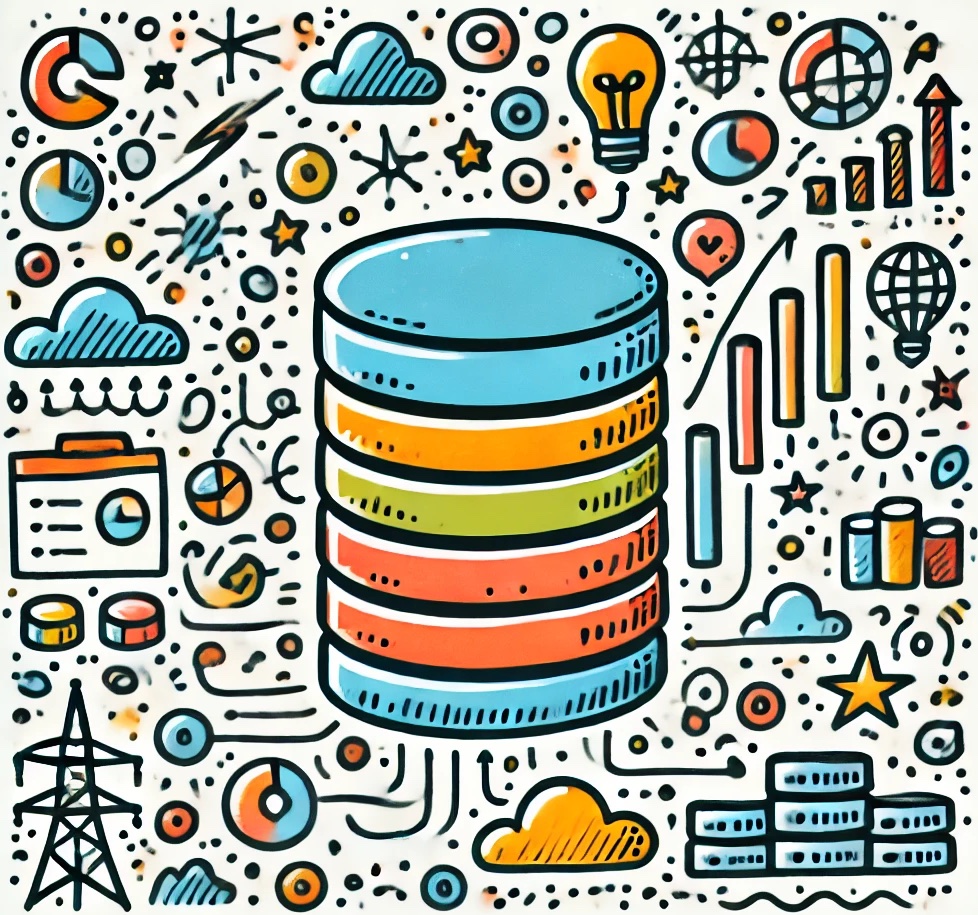
Introduction
Are you feeling overwhelmed by the rapid pace of technological change?
 Do you worry about staying relevant in the ever-evolving tech industry? As an aspiring developer, software engineer, or IT professional, it’s crucial to stay updated with the latest skills and technologies. In 2024, certain databases and DevOps skills will be essential for advancing your career and staying competitive.
Do you worry about staying relevant in the ever-evolving tech industry? As an aspiring developer, software engineer, or IT professional, it’s crucial to stay updated with the latest skills and technologies. In 2024, certain databases and DevOps skills will be essential for advancing your career and staying competitive.
In this article, you'll discover the top databases to learn, the essential DevOps skills to master, and how to effectively start learning these technologies. By the end, you'll have a clear roadmap to enhance your skill set and advance your career in the tech industry.
Top Databases to Learn in 2024
SQL Databases
NoSQL Databases
New and Emerging Databases
Pros and Cons of Top Databases
PostgreSQL
- Pros: Powerful, highly extensible, excellent for complex queries.
- Cons: Can be complex to set up and maintain for beginners.
MySQL
- Pros: Widely used, easy to set up, strong community support.
- Cons: Lacks some advanced features found in PostgreSQL.
MongoDB
- Pros: Highly scalable, flexible schema design, great for unstructured data.
- Cons: Can be less efficient for complex queries compared to SQL databases.
Firebase Firestore
- Pros: Real-time updates, easy integration with other Firebase services, serverless.
- Cons: Can become expensive at scale, limited querying capabilities.
Neo4j
- Pros: Excellent for handling complex relationships, intuitive query language (Cypher).
- Cons: Niche use case, can be overkill for simple applications.
SQL vs NoSQL: Pros and Cons
When choosing between SQL and NoSQL databases, consider the following:
- SQL Databases
- Pros: Strong ACID compliance, excellent for complex queries and structured data.
- Cons: Rigid schema design, can be less scalable.
- NoSQL Databases
- Pros: Highly scalable, flexible schema, great for unstructured data.
- Cons: Less mature query languages, can lack ACID compliance.
Top 5 ORMs to Use with These Databases
- SQLAlchemy (Python)
- TypeORM (TypeScript/JavaScript)
- Django ORM (Python)
- Sequelize (Node.js)
- NHibernate (C#)
Essential DevOps Skills for 2024
Containerisation
Continuous Integration/Continuous Deployment (CI/CD)
Infrastructure as Code
Monitoring and Logging
Popular Cloud Platforms
Azure
Microsoft Azure is a popular cloud platform known for its strong integration with Microsoft products and services.
- Pros: Excellent for enterprises, extensive services and tools, strong security features.
- Cons: Can be complex to manage, pricing can be high for some services.
AWS
Amazon Web Services (AWS) is the leading cloud platform, offering a wide range of services and global infrastructure.
- Pros: Highly scalable, extensive service offerings, strong global presence.
- Cons: Complex pricing structure, steep learning curve for beginners.
GCP
Google Cloud Platform (GCP) is known for its strong data analytics and machine learning capabilities.
- Pros: Excellent for big data and machine learning, competitive pricing, strong network infrastructure.
- Cons: Smaller service offering compared to AWS, fewer global data centers.
How to Start Learning These Technologies
Recommended Resources and Courses
Certifications and Qualifications
- AWS Certified Solutions Architect
- Microsoft Certified: Azure Fundamentals
- Google Professional Cloud Architect
Practical Tips for Effective Learning
- Set specific goals and timelines for your learning journey.
- Practice regularly by working on projects and real-world applications.
- Join tech communities and forums to network and share knowledge.
Conclusion
Staying updated with the latest databases and DevOps skills is crucial for advancing your career in the tech industry. By learning top databases like PostgreSQL, MongoDB, and emerging ones like Neo4j, as well as mastering essential DevOps skills such as containerisation and CI/CD, you'll be well-equipped to thrive in 2024.
Take advantage of the resources, courses, and certifications available to start your learning journey. With dedication and consistent practice, you'll be able to enhance your skill set and open up new career opportunities. Don't let the fast pace of technology overwhelm you - embrace the challenge and stay ahead in your field.